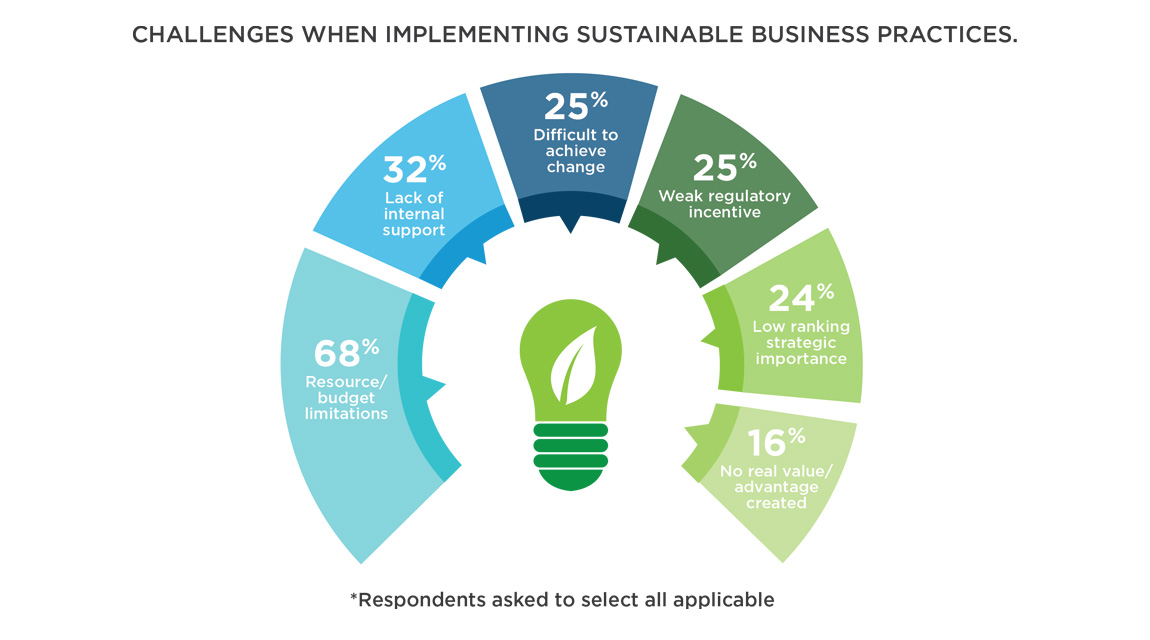Supplychainforesight goes green

As the local conversation about environmental practices and the behaviour of individuals and businesses, when it comes to sustainability, becomes more prominent, it is important to continue the conversation in all aspects of economic activity.
The 2018 Barloworld Logistics supplychainforesight study has reviewed the opinions of South African business leaders regarding the adoption of sustainable business practices within the supply chain, and business in general.
This information creates a snapshot of the state of green supply chains in South Africa and garners an insight into the psyche of local supply chain leaders when it comes to environmental practices.
Now in its 15th year, supplychainforesight has become an industry standard in qualitative research and a critical thought leadership piece on business strategy and supply chains in South Africa.
“This year’s research may be topical at the moment, but the adoption of sustainable business practices is far more than a conversation piece or marketing slogan,” says Sarah Lubbe, senior marketing and PR manager at Barloworld Logistics.
“There is an urgent need, driven by both environmental awareness and consumer demand, to place real strategic weight behind the sustainability agenda in order to make any real strides, whether it is within local business, or on a global scale,” she adds.
Not unexpectedly, the research found that as many as two-thirds of respondents have adopted some environmental policy within their organisations, but that such practices are still considered to be tick-box exercises driven by compliance requirements, and not real value-creating activities.
Respondents also highlighted a lack of resources and subdued C-suite support as the main hurdles when attempting to move the topic into the operational DNA of an organisation.
“The lingering opinion within local organisations that environmental practices are a grudge cost is a short-sighted view,” argues Lubbe. “There is mainstream, empirical evidence to show that our natural resources require urgent care and attention.
“Added to this is a growing change in consumer behaviour to emphasising the ethical nature of products, in some cases even above price considerations. These factors create a need to examine every aspect of a product’s value chain if organisations want to retain or grow market share over the long term.”
According to Lubbe, the latest supplychainforesight data indicates that local businesses are indeed adopting tactical waste-management and emissions programmes, but that these are reactive at best.
She explains that respondents reported low adoption of sustainable practices within research and development, manufacturing and sourcing of raw materials.
She adds that if the footprint of a product is not mitigated at the start, the cost and waste burden at the product’s end-of-life will continue to hamper the local public and private sectors, as well as individuals and the natural environment.
Published by
Focus on Transport
focusmagsa



